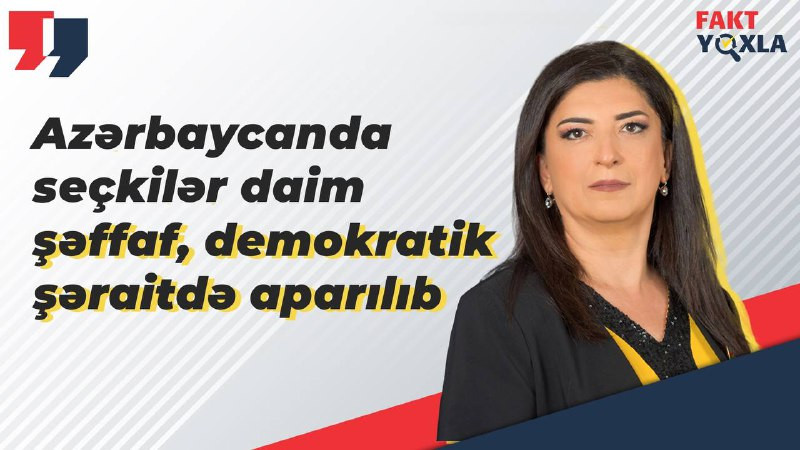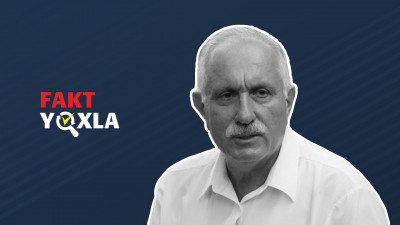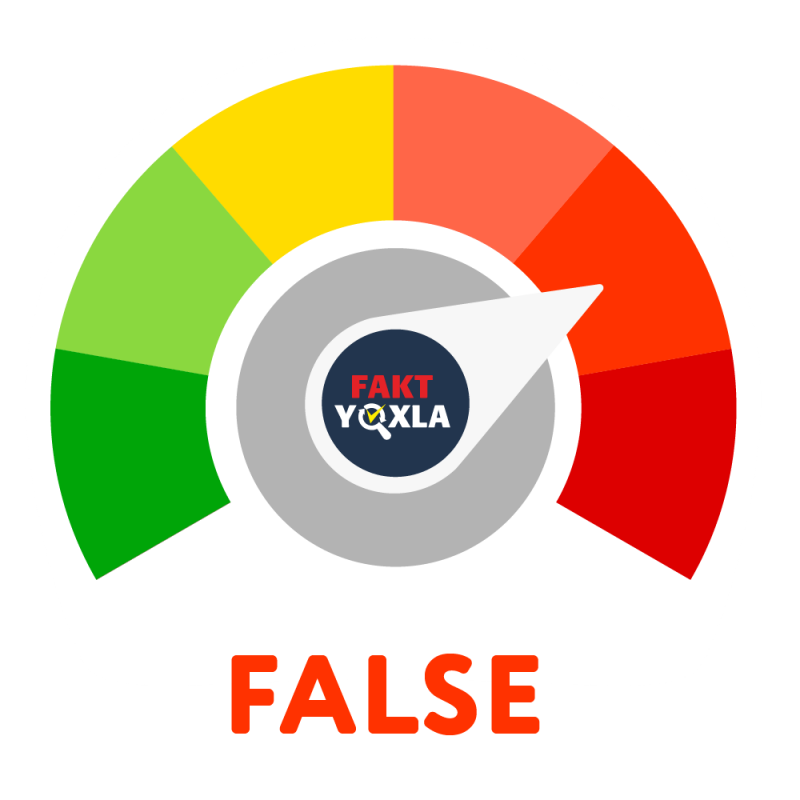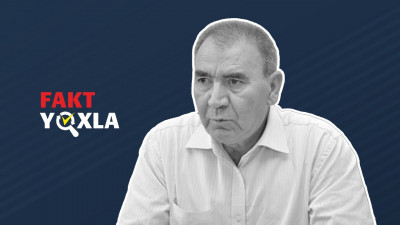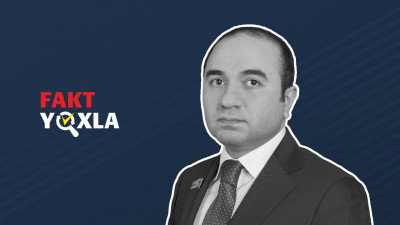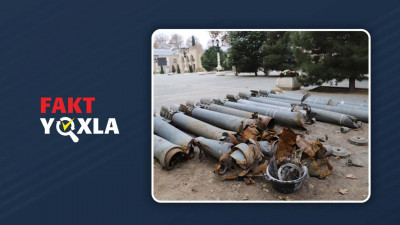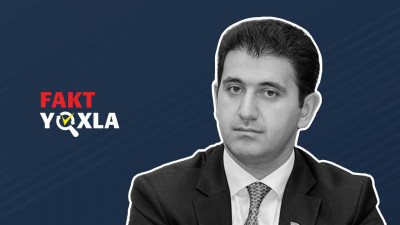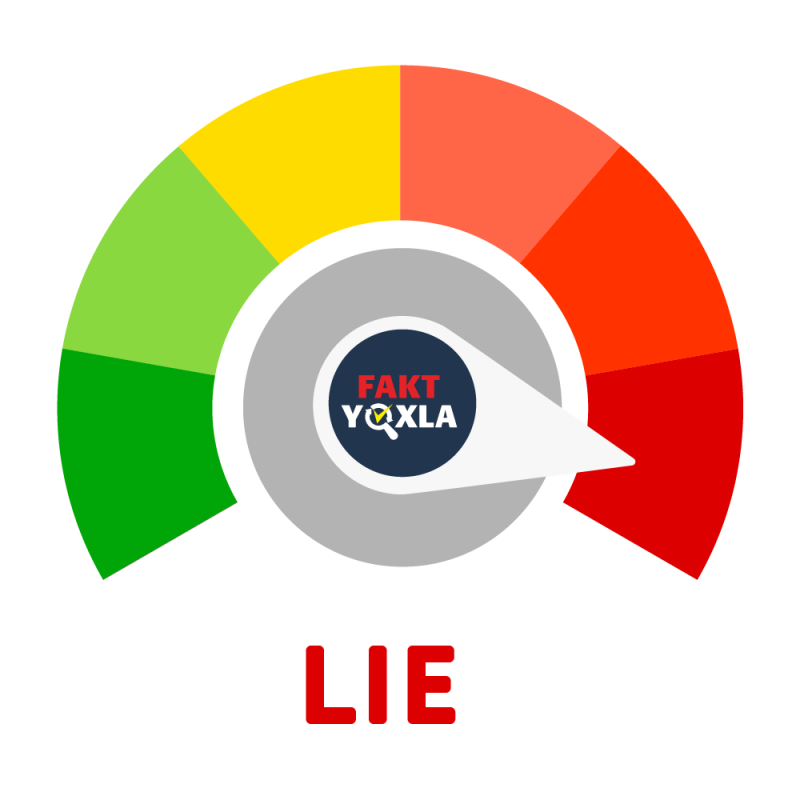Speaking about the participation of teachers in the election, MP Kamila Aliyeva said that international organizations are also invited as observers when the elections are held:
"They are also watching the elections. So far they have come to the conclusion that the elections in Azerbaijan have always been held in transparent and democratic conditions," said the MP.
Fakt Yoxla examined whether this claim was true.
The claim was checked based on the opinions of the OSCE Office for Democratic Institutions and Human Rights (hereinafter ODIHR), which has an official mandate on the elections. ODIHR is the leading institution in the field of election observation in Europe.
While fact-checking the claim, reports on parliamentary elections held in Azerbaijan in 2000, 2005, 2010, and 2020 and presidential elections held in 2003, 2008, 2013, and 2018 were reviewed.
The 2015 parliamentary elections were not included in the fact-checking of the claim. Because, due to the restrictionsimposed by the government of Azerbaijan, the ODIHR could not observe that election.
November 5, 2000, and January 7, 2001, parliamentary elections
According to the report of the ODIHR, these elections took place in the context of the admission of Azerbaijan to the Council of Europe and the observation of the issues arising from it. In the report, it was emphasized that progress was recorded in the preparation stage for the elections compared to the previous elections; however, it was emphasized that they were not held according to democratic standards.
"Voting was marred by numerous violations and the counting of votes was not done properly," the report stated.
October 15, 2003, presidential elections
The report of the ODIHR published in November 2003 stated that the presidential election held on October 15, 2003, did not meet the obligations of the OSCE and other international standards for democratic elections. The overall process reflected a lack of political commitment to carry out a genuine electoral procedure. In the document, it was stated that in the pre-election period, there were extensive threats, unequal conditions were created for the candidates, and there were serious errors in the counting of votes and the calculation of results.
The report noted that post-election violence, which resulted in widespread arrests of election officials and opposition activists, further disrupted the election process. A few days before the announcement of the final results, international observers were not allowed to monitor the post-election activities at the CEC. Public rallies and observation of local civic organizations were severely restricted.
After the election, there were clashes between opposition activists, who claimed that the voting results were falsified, and law enforcement agencies, hundreds of people were arrested, as many people were injured, and one person lost his life.
November 6, 2005, parliamentary elections and May 13, 2006, partial repeat parliamentary elections
According to the report of the ODIHR, the November 6 parliamentary elections in Azerbaijan did not meet a number of obligations of the OSCE and other international standards for democratic elections. Election results in 10 out of 125 constituencies were annulled by the CEC and the Constitutional Court scheduled re-elections in those constituencies for May 13, 2006.
The report stated that the intervention of the local executive authorities in the elections and the mass media's propaganda in favor of the current deputies resulted in the failure to provide equal conditions for all candidates.
"Although the voting was peaceful in general, the process on the election day began to deteriorate during the counting of votes and especially during the tabulation of votes," the report said.
October 15, 2008, presidential elections
In its report, the ODIHR characterized the elections with a lack of robust competition, a lack of vibrant political discourse, and a restrictive media environment.
The report notes that the election process did not reflect some of the principles necessary for a meaningful and pluralistic democratic election.
“Some voters were subject to pressure to attend rallies or to vote, and may not have been able to make a free choice in this respect. Regrettably, some opposition parties decided not to participate in the election, citing longstanding obstacles to equal treatment and equal opportunities to convey their views, thus further limiting the scope for a credible choice for the electorate,” the report emphasized.
It was also stated that the Election Code could have led to a democratic process, but non-compliance with that code prevented it.
November 7, 2010, parliamentary elections
In the report of the ODIHR, it was noted that certain conditions required for the elections to be held in an appropriate manner and in a competitive environment were not met. As reported by the Office, the conduct of the elections was not considered satisfactory for achieving significant progress in the country's democratic development.
“The fundamental freedoms of peaceful assembly and expression were limited and a vibrant political discourse facilitated by free and independent media was almost impossible. A deficient candidate registration process, a restrictive political environment, unbalanced and biased media coverage, disparity in access to resources to mount an effective campaign, misuse of administrative resources as well as interference by local authorities in favor of candidates from the ruling party created an uneven playing field for candidates,” the report said.
October 9, 2013, presidential elections
According to the report of the ODIHR, the presidential elections were accompanied by restrictions on fundamental freedoms, a lack of an equal field of action, and significant problems experienced on the day of the election.
“The restrictive requirements contradict international standards. The counting was assessed in overwhelmingly negative terms, with 58 percent of observed polling stations assessed as bad or very bad, indicating serious problems,” the report stated.
April 11, 2018, extraordinary presidential elections
The ODIHR characterized the election process with serious violations, lack of transparency, and creation of obstacles to the work of observers. Observers reported that there were serious irregularities during the voting, including throwing ballots into boxes, voting more than once, and having a large number of similar signatures.
"There was no real competition in this election," the report emphasized.
February 9, 2020, extraordinary parliamentary elections
The ODIHR found serious violations during these elections and stated that the process was not transparent at many points. The report noted that the restrictive legislative and political environment prevented genuine competition in the elections, despite a large number of candidates.
“Significant procedural violations during counting and the tabulation raised concerns whether the results were established honestly. Election day was conducted in a generally calm environment but was characterized by widespread disregard for mandatory safeguard procedures, numerous serious irregularities of which some were committed intentionally, and a lack of transparency manifested in restricting activities of both citizen and international observers... The cumulative effect of the above has significantly reduced the transparency of the vote counting process.”
Thus, considering the opinions in the reports, none of the presidential and parliamentary elections held since 2000 have been evaluated as transparent or democratic. Non-transparency and violations were observed in the elections involved in the fact-checking.
Fakt Yoxla concludes that the MP’s claim is a Lie.



